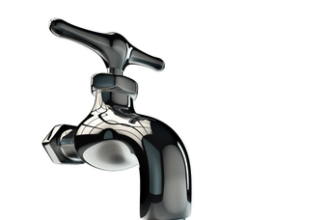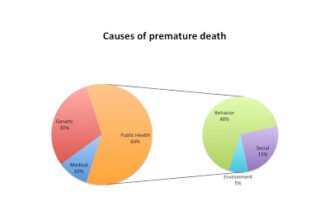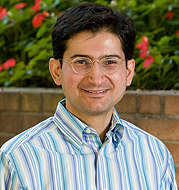It has been a long time since I visited our friend, the Neuroskeptic, a blogging neuroscientist from across the pond…enjoy…Pat
by Neuroskeptic

Neuroskeptic, The United Kingdom
It has been a long time since I visited our friend, the Neuroskeptic, a blogging neuroscientist from across the pond…enjoy…Pat
by Neuroskeptic
People think of “social anxiety disorder” as more serious than “social phobia” – even when they refer to exactly the same thing.
Laura C . Bruce et al did a telephone survey of 806 residents of New York State. They gave people a brief description of someone who’s uncomfortable in social situations and often avoids them. The question was: should they seek mental health treatment for this problem?
When the symptoms were labelled as “social anxiety disorder”, 83% of people recommended treatment. But when the same description was deemed “social phobia”, it dropped to 75%, a statistically significant difference.
OK, that’s only an 8% gap. It’s a small effect, but then the terminological difference was a small one. “Anxiety disorder” vs “Phobia” is about a subtle a distinction as I can think of actually. Imagine if one of the options had been a label that didn’t imply anything pathological – “social anxiety” or “shyness”. That would probably have had a much bigger impact.
This matters, especially in regards to current debates over the upcoming DSM-5 psychiatric diagnostic manual. Lots of terminological changes are planned. This study is a reminder that even small changes in wording can have an impact on how people think about mental illness. Last week I covered another recent piece of research showing that beliefs about other people’s emotions affect how people rate their own mental health.
My point is: DSM-5 will not merely change how professionals talk about the mind. It will change how everyone thinks and behaves.
Bruce, L. (2012). Social Phobia and Social Anxiety Disorder: Effect of Disorder Name on Recommendation for Treatment American Journal of Psychiatry, 169 (5) DOI: 10.1176/appi.ajp.2012.11121808
15 comments Links to this post Labels: 1in4, crazylikeus, media, mental health, papers







